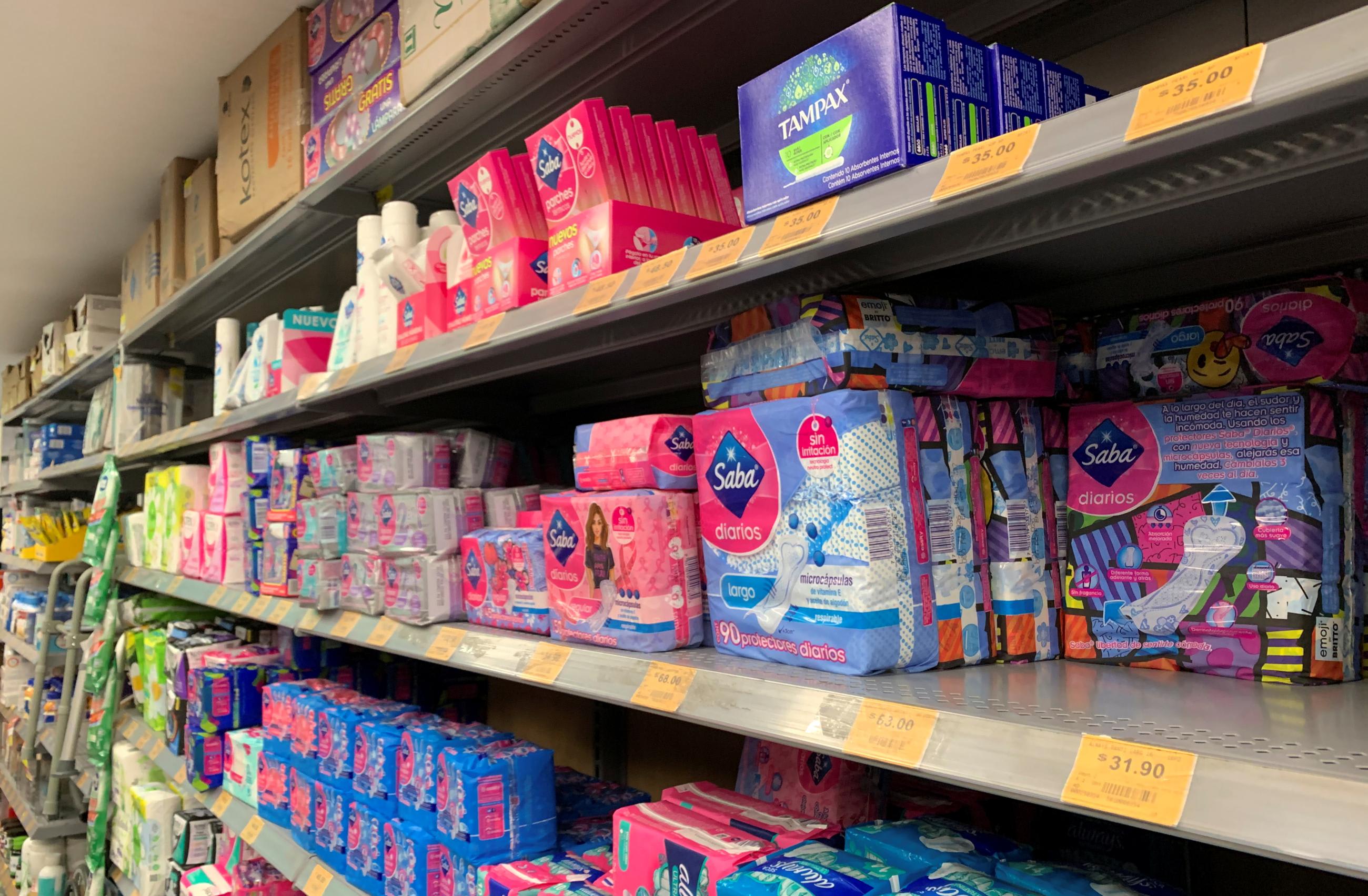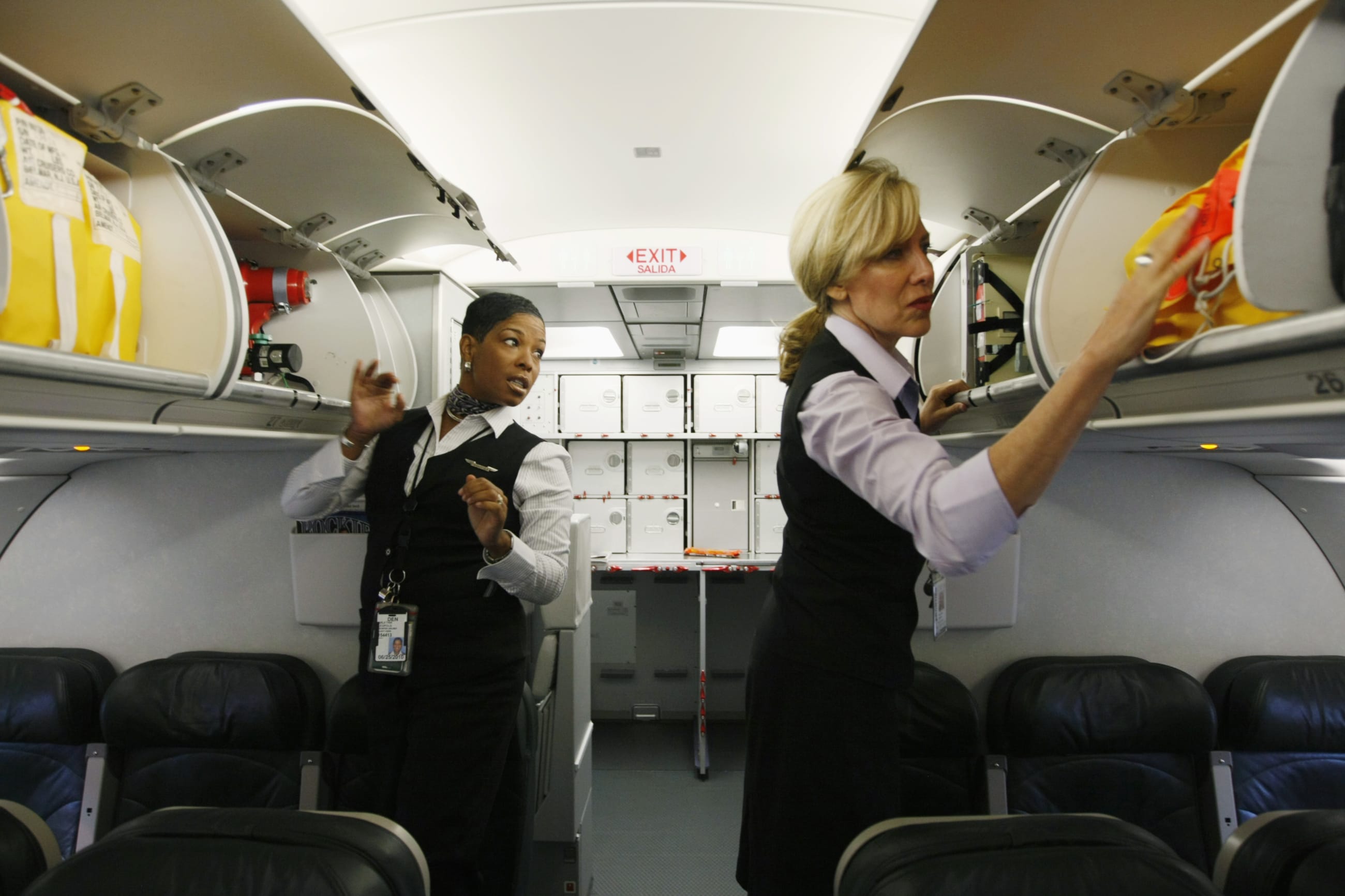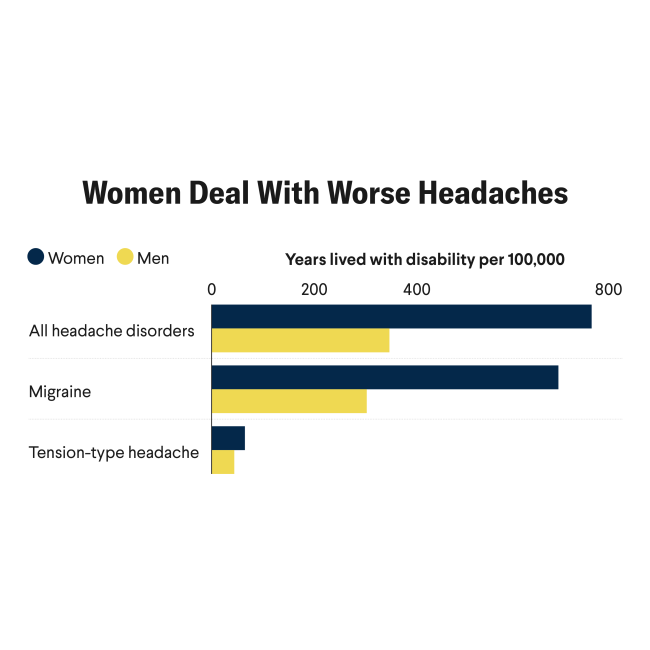Around 1.8 billion people menstruate every month worldwide. Yet no U.S. or international law or policy requires planes to carry menstrual products, such as pads and tampons. The lack of menstrual products on planes can lead to serious hygiene and health issues for those who menstruate. The growing movement to increase access to period products is fighting for policy changes that prioritizes menstrual hygiene in all public places, including airplanes.
Stephen Dedmon, professor in aviation at Embry-Riddle Aeronautical University, explains that Congress has the authority to pass a bill that requires period products to be stocked in all U.S. airlines, which could then be enforced by the Federal Aviation Administration (FAA). He also explains, however, that creating a law takes time and that it would be beneficial for airlines to independently begin taking initiative and stocking period products. Once it becomes an industry standard, more airlines will feel compelled to do it as well.
Without access to period products, menstruators might delay changing their sanitary napkins, tampons, or other products, which increases the risk of rashes, pelvic inflammatory disease, toxic-shock syndrome, and reproductive and urinary tract infections. Poor menstrual hygiene can also contribute to adverse mental health consequences, including depression, stemming from psychological stress and discomfort. Many menstruators also experience the fear of starting their period mid-flight without any access to necessary products. One study showed that flight attendants are more likely to have irregular menstrual cycles once in the air. Addressing that concern by guaranteeing access to period products on flights is not only practical, but also essential, mirroring the availability of necessities such as toilet paper and soap.
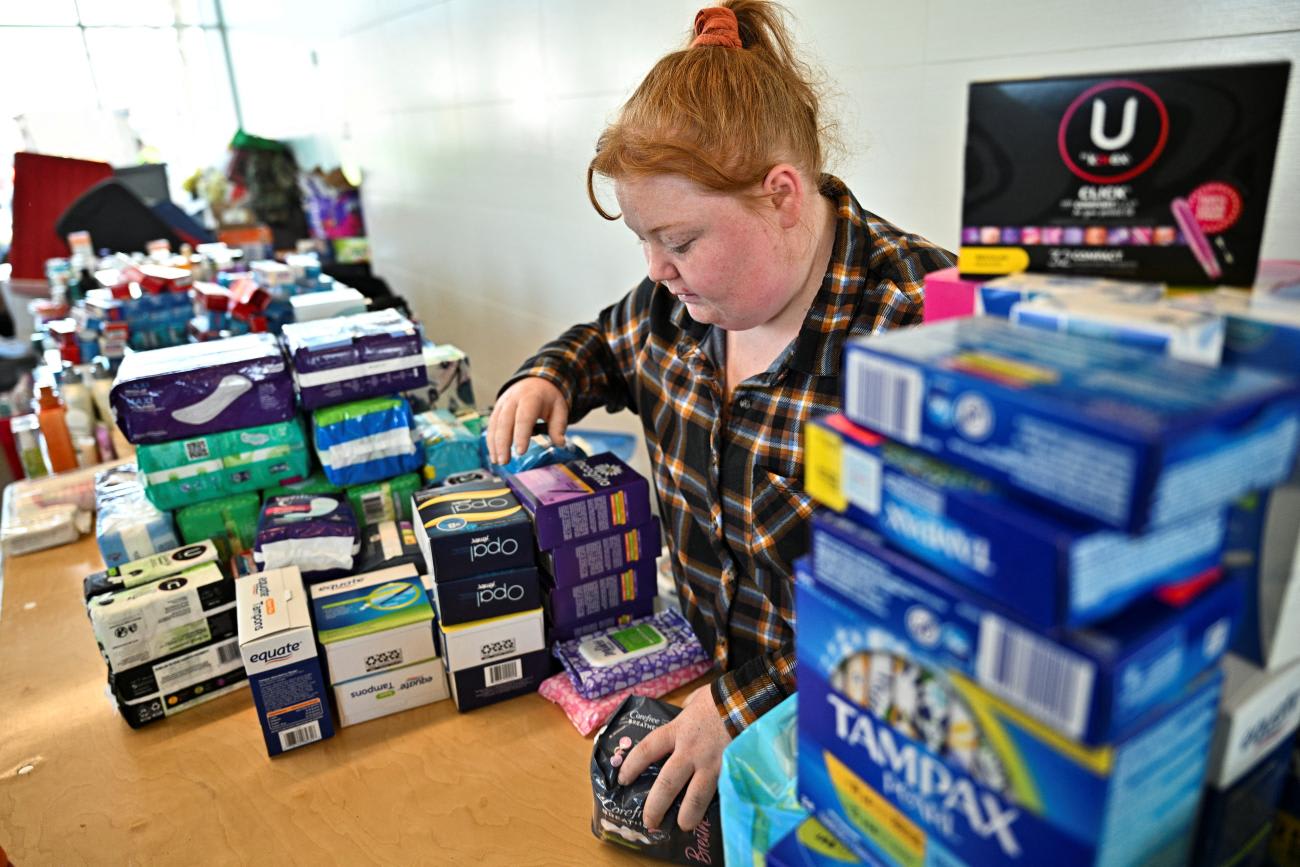
Nadya Okamoto, CEO of August Co., which sells sustainable period products, and founder of PERIOD, a nonprofit organization fighting for menstrual equity, has been advocating for free period products on airplanes and investigating which airlines currently carry period products. She explains that some consistently do and others never do, but did not name specific companies. Some airplanes could have period products one day, but not have any the next. She also notes that some airplanes carry pads, but only rarely tampons. This could be for a variety of reasons, including that tampons are more expensive and used less by menstruators than sanitary napkins.
In 2019, Vistara Airlines, an Indian company, became the first airline in that country to offer sanitary napkins on board, despite the absence of a national requirement—demonstration enough that even without a legal mandate, airlines can work toward setting precedent to carry menstrual products.
Within the United States, American Airlines and Delta reportedly carry period products but do not officially list this offer on their websites, nor is a comprehensive online list of airlines that carry menstrual products available.
Contributing to the lack of access to products is the lack of awareness that menstruation is a bodily function. Lewis Wall, professor of obstetrics and gynecology at the Washington University School of Medicine in St. Louis, explains that "if an airline is providing paper towels for hand washing and toilet paper for physiological needs, then menstrual hygiene supplies should be a part of that—it's a no-brainer." Menstruation is a physiological process. Just as bathrooms provide toilet paper for people to clean themselves after using the toilet, menstrual products should be provided to help people take care of their needs while menstruating.
Okamoto describes the difficulties with accessing menstrual products even if they are present in a plane. "Sometimes they are hidden in a compartment without any sort of sign that they are there," she explains, "I've also had to hit the wall of the bathroom until the compartment pops open."
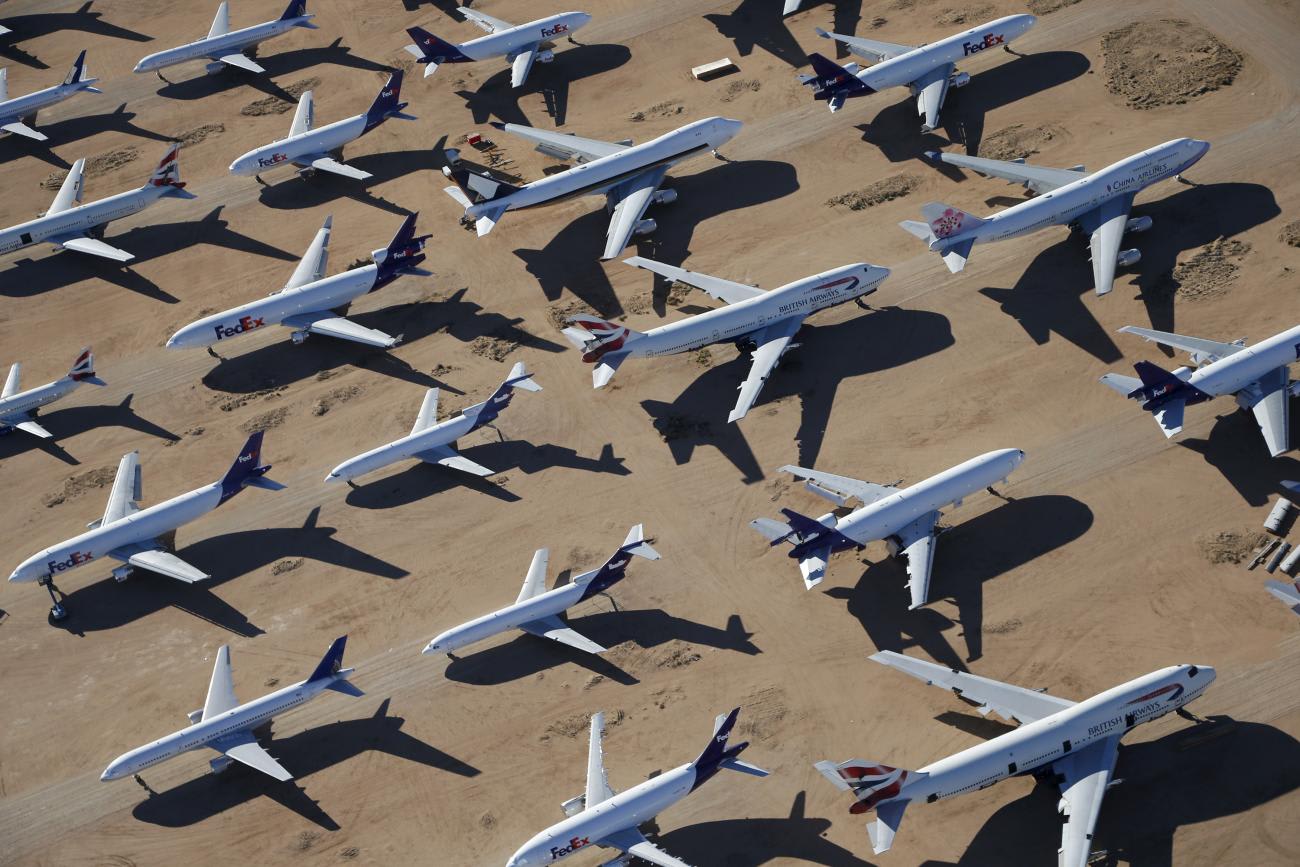
If menstruators cannot easily access the period products or do not know they exist, then people won't use them. This secrecy only perpetuates the stigma that continues to make it difficult for menstruators to access menstrual products. Efforts have been taken to increase the number of period products in public spaces, including in schools and prisons. So far, 27 states and the District of Columbia have passed legislation to require free access to period products in schools. The reasoning behind those initiatives is the same as it is for airplanes: access to menstrual products is a human right.
A Way Forward
Canada requires menstrual products to be available for free to all employees in federally regulated workplaces. In 2022, Scotland became the first country in the world to make period products free in all public places. Similarly, the United States could implement similar rules that require period products to be supplied in airplanes. Currently efforts are under way in various U.S. states to increase access to menstrual products in restrooms, correctional facilities, and shelters, but little work has been done for airplanes.
In Texas, George Bush Intercontinental Airport in Houston partnered with Aunt Flow, a company dedicated to expanding access to menstrual products, to offer free period products. The initiative provides period products through smart technology dispensers, making it easier to monitor and refill the dispensers in real time.
Period products are not optional expenses, but fundamental necessities.
Period products are not optional expenses, but fundamental necessities. Providing free period products on planes would require a financial investment from airlines. Okamoto mentions that in previous efforts of trying to get period products in public places, she has faced pushback from organization workers who say that people do not ask for pads or tampons, so there's no need to provide them in the first place.
She says this illusion serves as a barrier: "Is it that they don't need them?" she questions, "or is it because it's so uncomfortable for menstruators to ask for period products?"
Marni Sommer at the Columbia Mailman School of Public Health has been involved with period product advocacy efforts at schools in her city and has found that students often feel uncomfortable asking for pads or tampons at the nurse's office. They wish that the products were instead available directly in bathrooms.
"They 100% should be in the restroom," Sommer tells Think Global Health, "you shouldn't have to ask a flight attendant for a menstrual product."
At the end of the day, ensuring access to period products is a matter of basic dignity and equity. It is imperative that airlines make a commitment to that.
